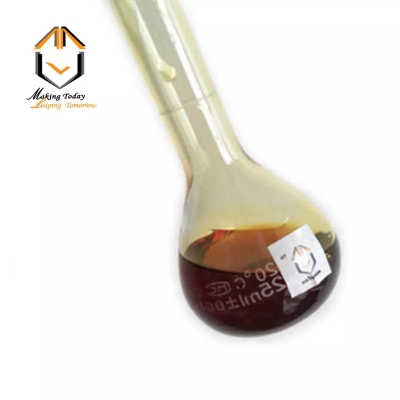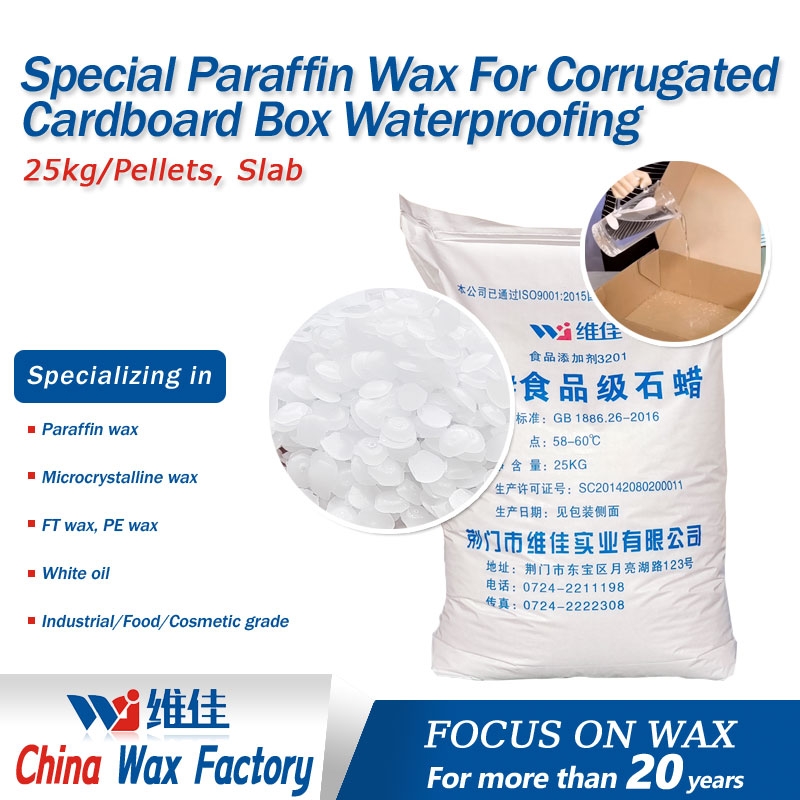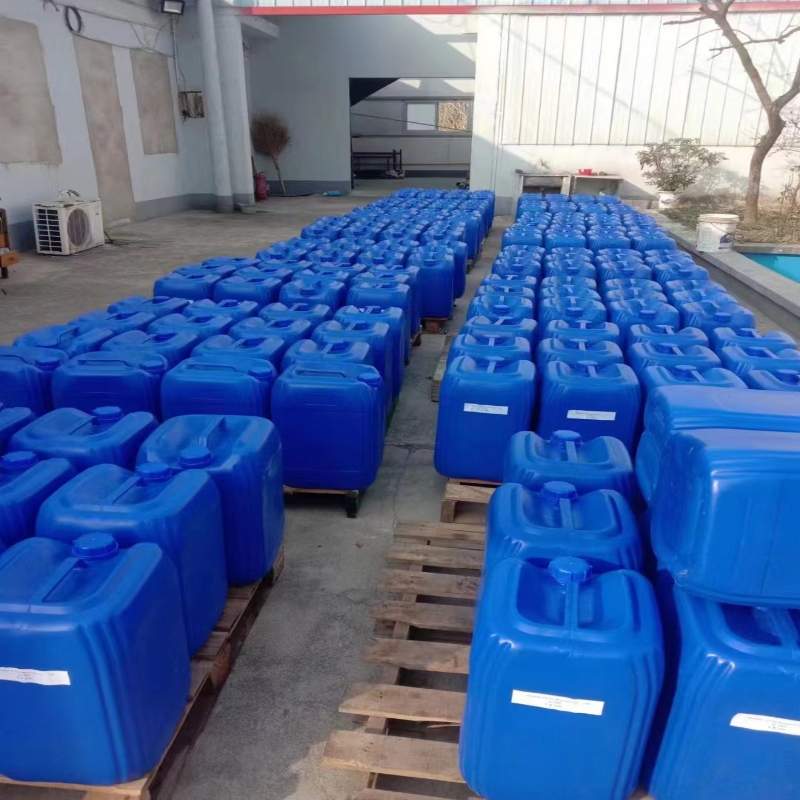-
Categories
-
Pharmaceutical Intermediates
-
Active Pharmaceutical Ingredients
-
Food Additives
- Industrial Coatings
- Agrochemicals
- Dyes and Pigments
- Surfactant
- Flavors and Fragrances
- Chemical Reagents
- Catalyst and Auxiliary
- Natural Products
- Inorganic Chemistry
-
Organic Chemistry
-
Biochemical Engineering
- Analytical Chemistry
-
Cosmetic Ingredient
- Water Treatment Chemical
-
Pharmaceutical Intermediates
Promotion
ECHEMI Mall
Wholesale
Weekly Price
Exhibition
News
-
Trade Service
Paraffin, also known as crystalline wax, is a kind of non-polar solvent soluble in gasoline, carbon disulfide, xylene, ether, benzene, chloroform, carbon tetrachloride, naphtha and other non-polar solvents, insoluble in water and methanol and other polar solvents
.
A mixture of hydrocarbons with a carbon atomic number of about 18~30, the main components are linear alkanes (about 80%~95%), and a small number of alkanes with individual branched chains and monocyclic cycloalkanes with long side chains (the total content of the two is less than 20%)
.
Paraffin wax is a lubricating oil fraction obtained from crude oil distillation by solvent refining, solvent dewaxing or wax freezing crystallization, pressing and dewaxing to obtain wax paste, and then deoiled, and supplemented with refined flake or needle crystals
.
According to the different degree of processing and refining, it can be divided into three types
: fully refined paraffin, semi-refined paraffin and crude paraffin.
Each type of wax is divided into different varieties according to the melting point, generally every 2 °C, such as 52, 54, 56, 58 and other grades
.
Coarse paraffin has a high oil content and is mainly used in the manufacture of matches, fiberboard, tarpaulin, etc
.
Fully refined paraffin wax and semi-refined paraffin wax are widely used, mainly used as food, oral medicine and some commodities (such as wax paper, crayons, candles, carbon paper) components and packaging materials, baking container dressing, for fruit preservation, electrical component insulation, improve rubber aging resistance and increase flexibility
.
It can also be used for oxidation to generate synthetic fatty acids
.







